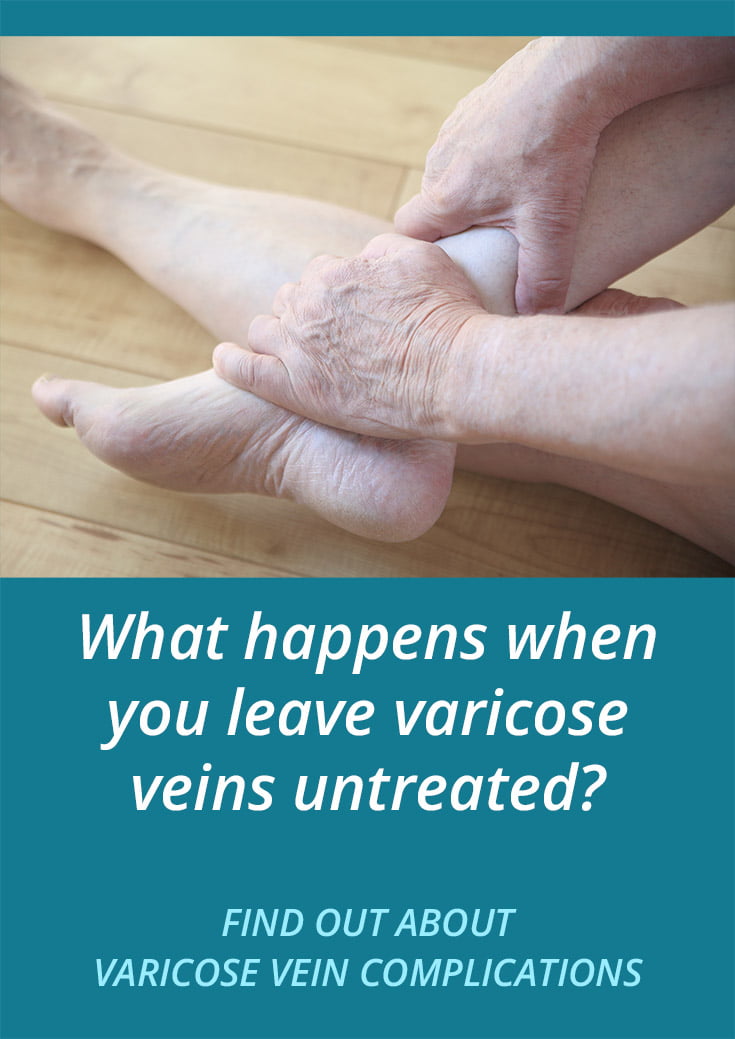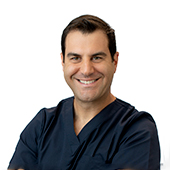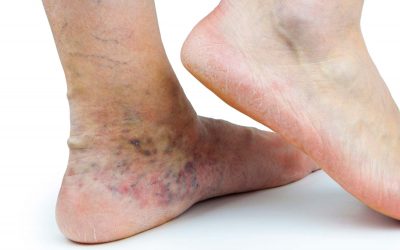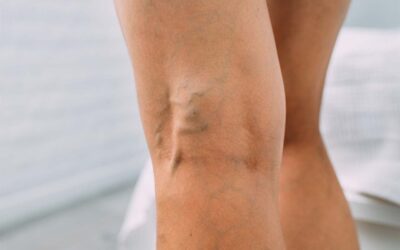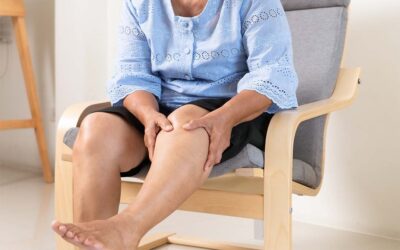Delaying treatment for varicose veins can cause serious complications, including venous ulceration. Especially later in life. Recently, a patient presented to our practice with a nasty case of venous ulceration. The skin of lower leg and ankle was inflamed, painful and was prone to bleed and weep fluid.
What is the relationship between varicose veins and venous disease?
The one-way valves in our veins help to push de-oxygenated blood back to the heart and lungs. If those valves are not working, the blood pools and veins bulge out. Then the symptoms begin: pain, swelling, itching. That’s varicose veins in a nutshell. Deciding against varicose vein treatment may lead to chronic inflammation of the skin and surrounding tissue. Over time, the skin breaks down and forms an open wound, called an ulcer. You may experience bleeding or weeping in the ulcer, and it may become infected.
The good news is a vein specialist can treat venous ulcers.
The phlebologist rules-out other causes before treating. Infection, skin cancer, arterial disease, etc, are some other possible causes. With these eliminated, your doctor can do an ultrasound to confirm if it is venous disease. Problem veins are identified and treatment can be planned.
We treat the underlying feeding veins with endovenous laser ablation, radiofrequency ablation, or ultrasound guided sclerotherapy. The ulcer is wrapped with special dressings to help it heal, keep it clean, and we apply a surgical grade stocking.
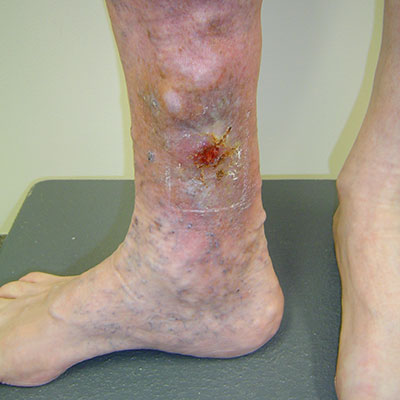
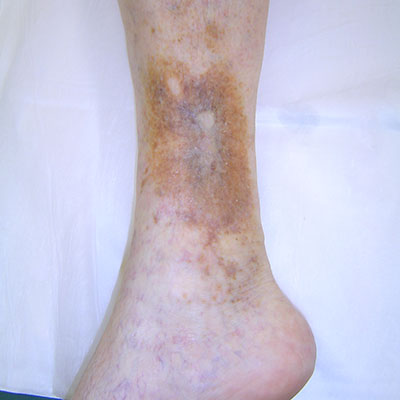
A 71-year-old man presented with a right lower leg venous ulcer which he’d had for a long time. The results show resolution of the ulcer, the associated varicose veins and swelling. The pigmentation is a remnant of longstanding skin involvement and will fade in time. Dr Paraskevas treated the patient with Endovenous Laser Ablation and Ultrasound Guided Sclerotherapy.
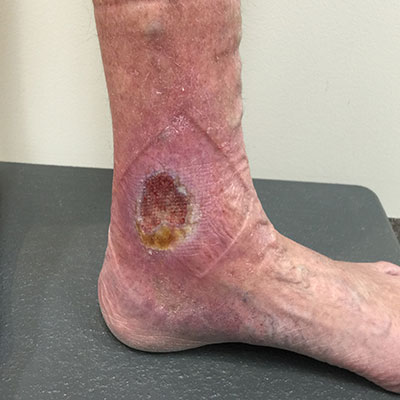
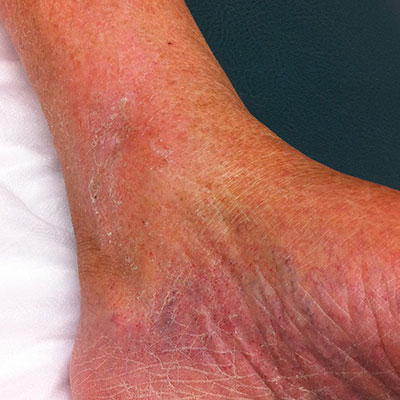
Dr Paraskevas says “It is important to treat your veins early to avoid progression to this serious condition.”
You can relieve some of the symptoms of varicose veins. Wear compression stockings during the day to help control swelling. Reduce existing swelling by icing and elevating legs. Yet, without medical intervention, varicose veins will not right themselves. Avoid serious complications and have your varicose veins treated.
